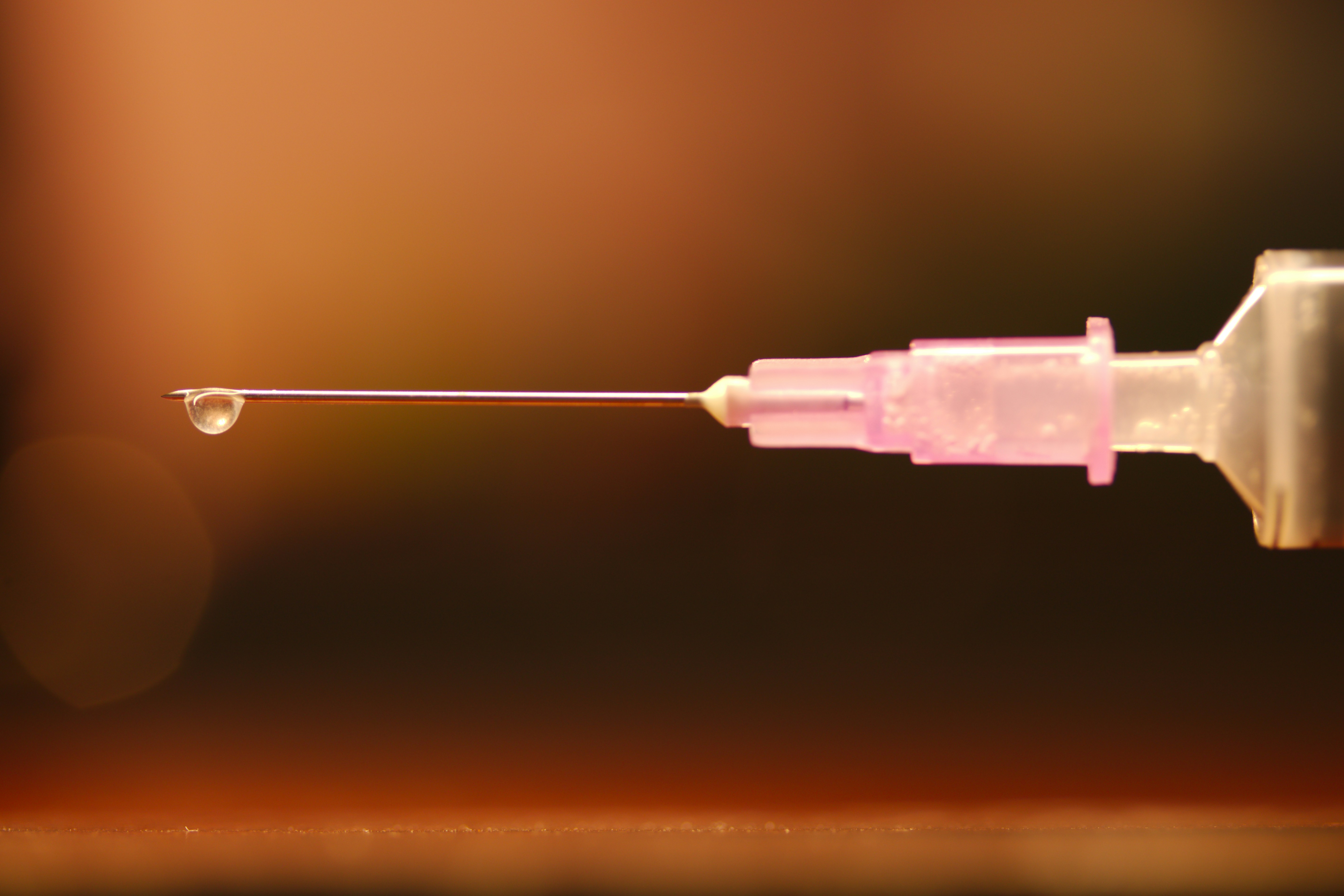News release
From:
A first-in-human clinical trial of a specific mRNA therapy for a rare metabolic disorder called propionic acidaemia is shown to reduce symptoms in some patients. The preliminary analysis in 12 patients, published in Nature this week, indicates that the treatment is safe and potentially beneficial.
Some vaccines against COVID-19 used mRNA-based therapies, which deliver the instructions for making specific proteins into the body; in the case of COVID-19 vaccines, these are proteins that replicate part of the virus to encourage an immune response. Such therapies have the potential to replace aberrant or missing proteins in rare diseases. Propionic acidaemia is an inherited disorder characterized by defects in enzymes used to metabolize certain parts of proteins and fats, which affects up to 1 in 150,000 people. There are currently no approved drugs that directly address the underlying enzyme defects.
Stephanie Grünewald and colleagues assess an mRNA-based therapeutic agent called mRNA-3927, which can encode normal subunits of the enzymes affected in propionic acidaemia, in a phase 1/2 clinical trial. A total of 16 patients were enrolled, aged between 1 and 28 years, of which 12 completed the interim analysis. In eight of the patients, the incidence of potentially life-threatening symptoms of propionic acidaemia, known as metabolic decompensation events, was reduced by 70%. Treatment-related adverse effects included fever, vomiting and diarrhoea, but none were considered to be dose-limiting.
The authors note that the small sample sizes and lack of control cohort represent limitations in the study, such as preventing statistical analyses to assess the significance of the findings. They add that the study is ongoing and suggest that the interim results show encouraging early signs of a potential clinical benefit of mRNA-based therapy for this rare disease.



 International
International



